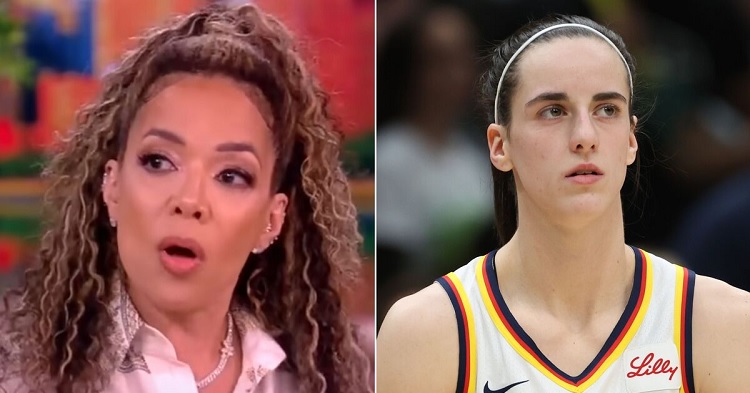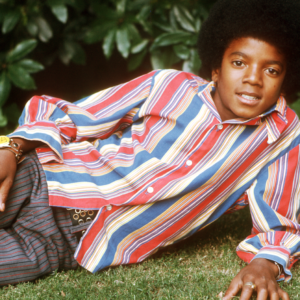
In a recent episode of ABC’s “The View,” co-host Sunny Hostin stirred debate by suggesting that the success of Indiana Fever star Caitlin Clark was partly due to “white privilege” and “pretty privilege.” The comments echoed a broader conversation within the sports community about the role race and appearance may play in an athlete’s marketability. Hostin’s remarks followed a discussion around former ESPN personality Jemele Hill’s critique of Clark’s popularity. Hill argued that Clark’s race and identity as a straight, white athlete might have contributed to her appeal in a way that was “problematic,” suggesting that societal biases elevate some athletes over others.
Hill noted the disparity in recognition between players like Clark and Black athletes who may not receive the same level of attention, despite their talent. She referenced the lack of marketing support for players who, despite their skills, are often overshadowed. Sunny Hostin echoed these thoughts, emphasizing the role of privilege and acknowledging the challenges Black athletes, like Brittney Griner, face, particularly when seeking support within the U.S. sports system.
However, Whoopi Goldberg offered a different perspective, advocating for recognition of Clark’s success as a result of her hard work and undeniable skill on the court. Goldberg cautioned against attributing Clark’s rise solely to factors like race or appearance, emphasizing the importance of celebrating athletes for their talent and perseverance. She stressed that reducing Clark’s achievements to these external factors undermines her dedication and athletic prowess.
The conversation around Clark serves as a reflection of the complexities surrounding race, privilege, and recognition in sports. While discussions about societal biases are important, it is equally crucial to honor athletes based on their merit and accomplishments.





